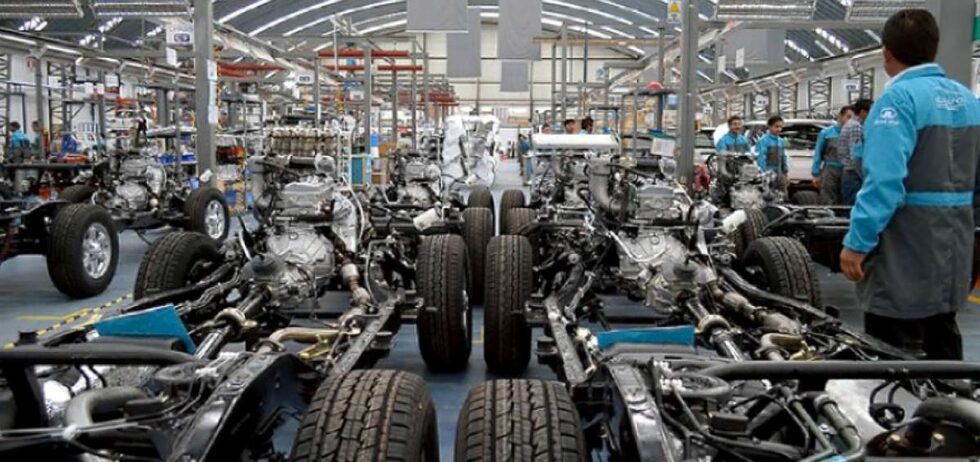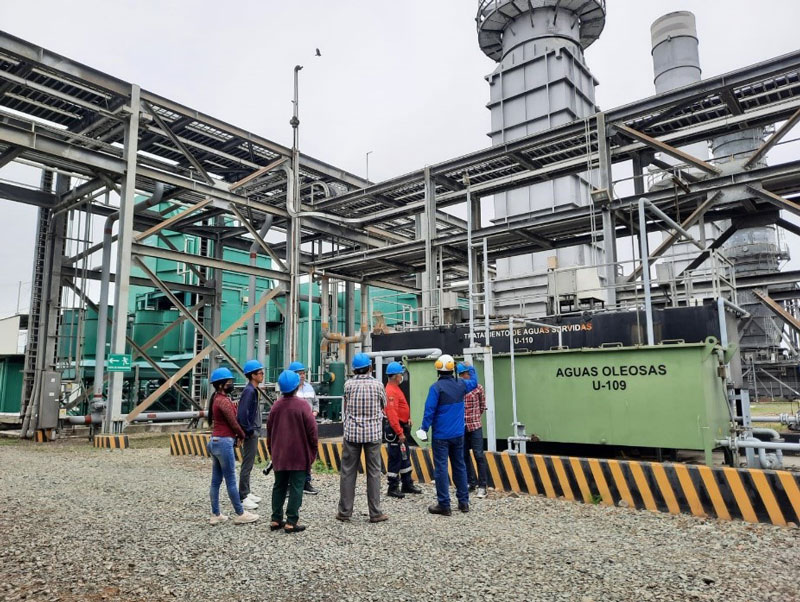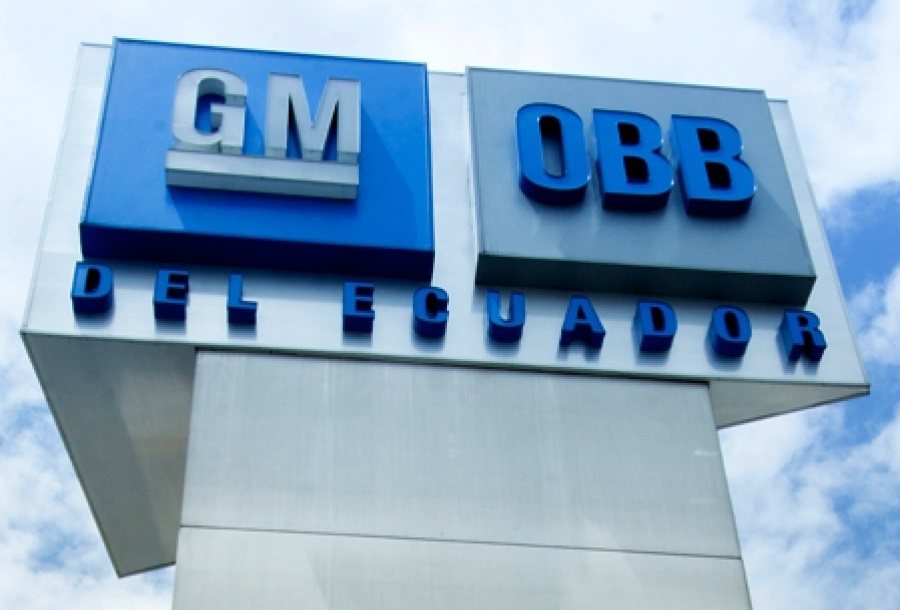Fuel prices drop but concern grows about the cost of subsidies, which could exceed $3 billion
Although motorists aren’t complaining about lower prices for regular gasoline and diesel fuel, the government is scrambling to figure out how to pay for the increased subsidy. Prices for low-octane Extra and Ecopais gasoline and diesel dropped 15 percent Saturday following the agreement between the government and the Confederation of Indigenous Nationalities that ended the 18-day national strike.

The cost of low-octane gasoline and diesel fuel dropped 15% over the weekend.
Extra and Ecopais now costs $2.40 a gallon while the price for diesel is $1.75. The prices will be fixed at those rates for the foreseeable future. High-octane Super gasoline continues to be priced at the market rate, currently $4.78 per gallon.
According to Ministry of Economy and Finance, the the price reductions will increase the national fuel subsidy by $340 million a year.
“The increase means the country pays more than $3 billion annually for gasoline, diesel and cooking gas,” says Jaime Carrera, director of the Ecuador Fiscal Policy Observatory. “This is a huge amount for a small country and it means the government will have to abandon its plan to reduce the deficit.” He adds, “At this point we haven’t heard anything about increasing the tax base so we wonder what the payment options are other than more borrowing.”
Finance Minister Simón Cueva is non-committal about covering the new debt. “The price reductions at the pump were just installed this weekend and it will take time to figure out the economics of it,” he says. “There are a number of options and it is important to remember that the revenue base has been increased by the income the country receives from higher oil prices.”
Critics of the lower fuel costs negotiated with Conaie say there are better ways to help the poorer population and suggest the current system of subsidies does more harm than good. “It’s a tragedy we pay so much in subsidies,” says Vicente Albornoz, a University of the Americas dean. “That $3 billion should be used for education, health care and law enforcement and could go a long way in solving some of our social and infrastructure problems.”
Albornoz says that subsidizing fuel costs is “relic of earlier times” and that more sophisticated methods are available for helping the poor. “Throwing money at the problem without a targeted plan is what they did 40 and 50 years ago. Most of the drivers who benefit from lower gasoline prices don’t need the savings. Conaie wants across-the-board price cuts because they don’t trust the government to do anything else but the negotiations should have addressed other possibilities that provide verifiable checks and balances.”
Pablo Lucio Paredes, an economics professor at the Universidad San Francisco-Quito agrees. “With the technology available today, we can develop a targeted system of cost relief for the people who need it that, in my opinion, could save as much as $2 billion annually. Under the current system, we’re subsidizing costs for people who can afford to pay full price.”
Paredes recommends a registration system based on needs. “If the goal is to reduce transportation costs for food, for example, you maintain a database of truck companies and drivers that deliver food. The same for taxis.”
He adds: “And no one is talking about the subsidy for LP gas, which is the largest subsidy. The government has done surveys that show most of the gas is used by middle class households, some of which use it to heat swimming pools.”
Paredes concedes such a registration plan would be subject to fraud. “The government would need to build in controls to make sure it operates as planned but this is possible if there is the will.”


















